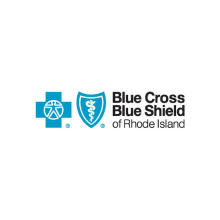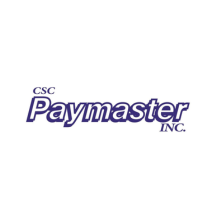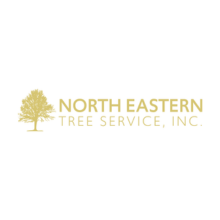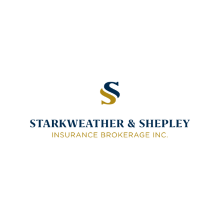Glossary of TermsMoving a loved one into a new home is often a unique experience that requires different living arrangements based on various needs and desires. We are here for you during this process. This section can help define the variety of senior housing options available as well as other factors to consider when finding a perfect fit. Activities of Daily Living (ADL)Activities of daily living are basic self-care tasks including: feeding, bathing, grooming, toileting, putting on clothes, and transporting. Aging in PlaceA concept that advocates allowing a resident to choose to remain in his/her home regardless of the physical and/or mental decline that may occur with the aging process Assisted Living Residence (ALR)Assisted Living provides a combination of housing, personal assistance, supportive services, and health-related care. This residential option caters to individual needs by promoting dignity, independence, privacy, and autonomy while protecting the safety and health of residents. Assisted living encourages quality of life for all residents in a home-like environment. Independent Living (IL)Independent Living is for seniors who require little or no assistance from a caregiver. These are classically known as retirement homes. Independent living communities are best for seniors who do not require supportive services or assistance with activities of daily living. Levels of LicensureIn Rhode Island, assisted living is regulated by the Department of Health's Office of Facility Regulations. There are a variety of licensing levels. Fire Code Classification:Level F1 licensureFor residents who are not capable of using physical mobility or judgmental ability to take appropriate action and require assistance during emergency situations. Level F2 licensureFor residents who have the physical mobility or judgmental ability to take appropriate action during emergency situations without assistance. Medication Classification:Level M1 licensureFor residents who require storage and/or actual administration of medication Level M2 licensureFor residents who might need a reminder but are able to self-administer medication Alzheimer Dementia Special Care LicenseA license issued to an assisted living residence that has been physically adapted to accommodate the particular needs and behaviors of those with significant memory-loss. This license requires increased staffing, appropriate therapeutic activities, and staff training on the effective management of the physical and behavioral issues common to people with Alzheimer's disease. Residents in this level have been medically evaluated, have a diagnosis of Alzheimer's disease, and a physician's recommendation for this level of care. Limited Health Services (LHS)A higher level of assisted living service that allows additional nursing services to be provided to residents whose needs do not reach the level of skilled nursing. Staff providing direct care services shall be either a nurse or a registered nursing assistant. Long-Term Care (LTC)Care given in the form of medical and support services to someone who has lost some or all of their capacity to function due to an illness or disability MedicaidPublic assistance funded by individual states and the federal government for people who have disabilities and are very low income. There are income and health criteria that must be met for eligibility. In Rhode Island, Medicaid-covered assisted living services are limited. MedicareA U.S. federal health insurance program for people 65 years and older. Medicare does not cover assisted living services. Nursing Home (SNF)Nursing homes are licensed as Skilled Nursing Facilities. This healthcare option is designed to provide 24-hour skilled care for seniors with health conditions that require medical and nursing care. Individuals in this setting usually require assistance with all activities of daily living. Personal AssistanceProviding one or more services: assisting residents with personal needs including activities of daily living, assistance with administration or self-administration of medication, providing or assisting in arranging health and supportive services, monitoring activities of residents on the premise to ensure health and safety, and promoting recreational, social, or personal services. |


































































